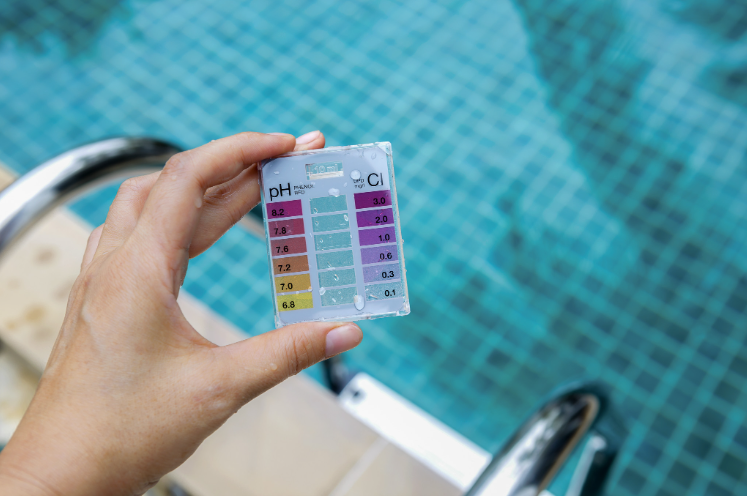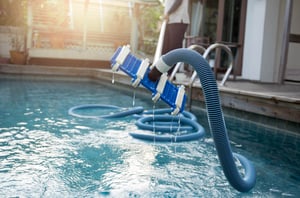
How Pools Operate
Need to get employees up to speed on the pool industry fast?
- Learn Swimming Pool Basics in the online 3 hr course
- Earn 3 CEUs from PHTA
- Generate revenue faster
EVOSUS > RESOURCES > HOW POOLS OPERATE
How Pools Operate
This introductory course delivers the basic information needed for any new employee. Follow our interactive training process, and learn about pool types, circulation, filtration, cleaning and water chemistry to implement consistency and continue providing the highest level of customer service.
-
Developed in partnership with Leading Pool Dealers.
-
Eligible for 3 CEUs from PHTA for completing the How Pools Operate course.
-
Topics span pool types, circulation, filtration and water chemistryNon-product specific pool industry terms and concepts
-
3 Hours of online pool content with an additional 2 ½ Hours of offline activities to reinforce learning
-
Engaging, interactive e-learning coursework with games, activities and customer scenarios
-
Downloadable and Mobile Friendly
Buy 3/Get 1 free - $297.00
1 License - $99.00
30 day access
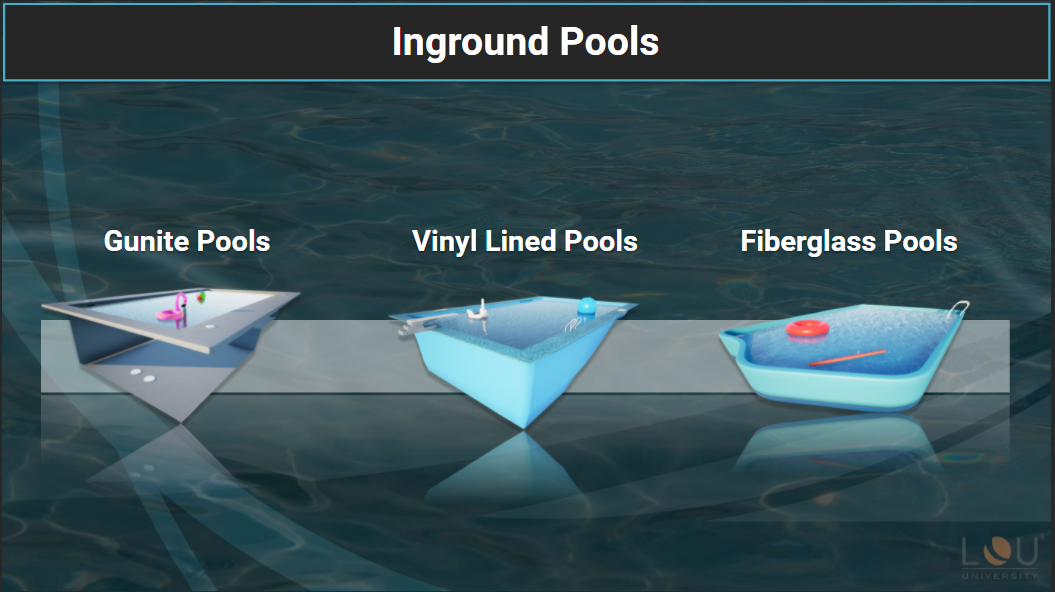
Module 1
Types of pools
-
Overview of Above Ground Pools
-
Understand the differences between Vinyl Lined, Portable & other types of pools
-
Learn about the most popular / least / most expensive type of inground Pools: Gunite, Vinyl & Fiberglass
Module 2
Pool Circulation
-
Pool Circulation Equipment - understand the Drains, Skimmer, Filter, Heater, Pump, Feeder - and how they all work together
-
Visually understand the Circulation Process & How it Works
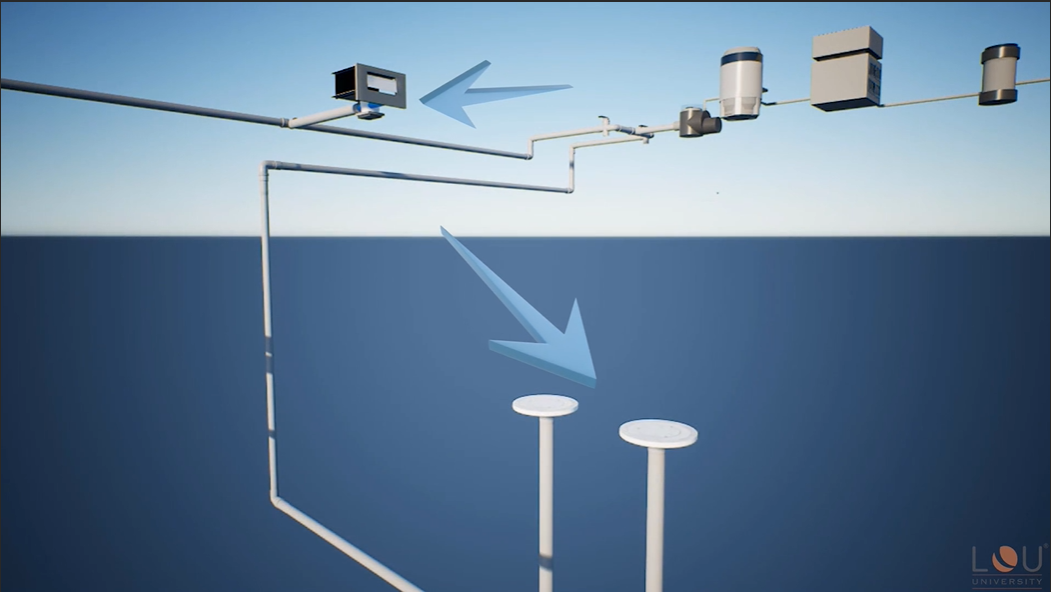
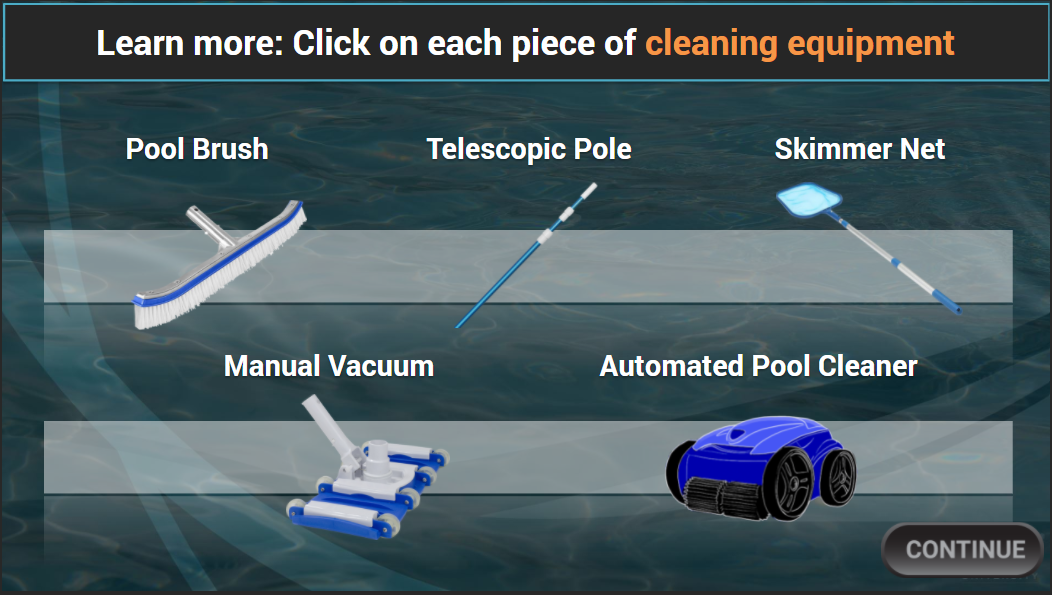
Module 3
Cleaning and Filtration
-
Pool / Hot Tub Cleaning Process
-
Cleaning Equipment Overview - including brushes, nets, vacuums and automatic pool cleaners
-
Filtration - reading pressure gauges, measuring PSI
-
Filter Types - Sand, DE, Cartridge & how they work
-
Customer Scenario - A customer walks into your store…what do you recommend?
Module 4
Pool Water Chemistry
-
Understand problems swimmers may experience in the pool due to imbalanced chemistry (Germs, pH)
-
Recognize, distinguish between, and explain the causes of scale, corrosion and etching
-
Explain the Langelier Saturation Index (LSI) and what the results indicate
-
Apply knowledge of circulation, filtration, and chemistry to determine solutions to customer problems
